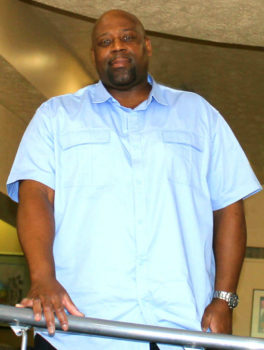
Leon Covington, ESD 101 Safety Program
The run-up to this year’s start of school had the usual appearance of routi ne, but it wasn’t. In 14 Spokane area districts, a quiet, but powerful initiative began over the summer when NEWESD 101 officially launched a regional threat assessment cooperative.
While schools have been increasing security over many years, last year’s shooting in Freeman created regional incentive for something more comprehensive, systemic and permanent than locked doors and security cameras.
Following a series of regional meetings and trainings, the 14 districts rallied behind the idea of forming a regional cooperative, directed by NEWESD 101, to implement Oregon’s acclaimed Salem-Keizer Threat Assessment System.
Salem-Keizer is more than a step-by-step guide to enhanced school safety. Indeed, it is a way of thinking that addresses safety through an evidence-based, multi disciplinary approach. It begins from the premise that policies written in response to violence can be ineffective, even counter-productive, because they are too oft en based on anger and emotion.
John Van Dreal, a school psychologist and safety/risk director who developed the program, argues that school safety is not achieved through the discipline code – through suspensions and expulsions – because such punitive measures leave aggressive students less supervised and more free to target other students and/or staff.
Rather, the Salem-Keizer model focuses on early interventions to keep students safe. The overriding aim is to prevent and defuse threats through a school and community based approach.
There are three primary objectives: 1) identify and assess potentially harmful or lethal behaviors and determine the action required; 2) organize resources and strategies to manage threatening situations; and 3) maintain a sense of psychological safety for students, teachers and parents, allowing teaching and learning to occur without distraction or fear.
The first order of business for Leon Covington, who is directing the regional program for NEWESD 101, is to assist districts in creating Level 1 assessment teams.
Level 1 screenings, conducted at the school level, are a first line of action recommended for (Continued on next page) investigation and documentation of potential concerns about dangerous student activities, behaviors, ideation and/or communication.
Subsequent work will focus on Level 2 assessments, requiring more intense intervention through teams comprised of school personnel, law enforcement, public mental health, juvenile justice, state youth authorities and the courts.
The cooperative is funded, in part, through a $90,000 harm reduction grant from Kaiser Permanente, $15,000 from the Providence Community Foundation and $10,000 from the Empire Health Foundation.


